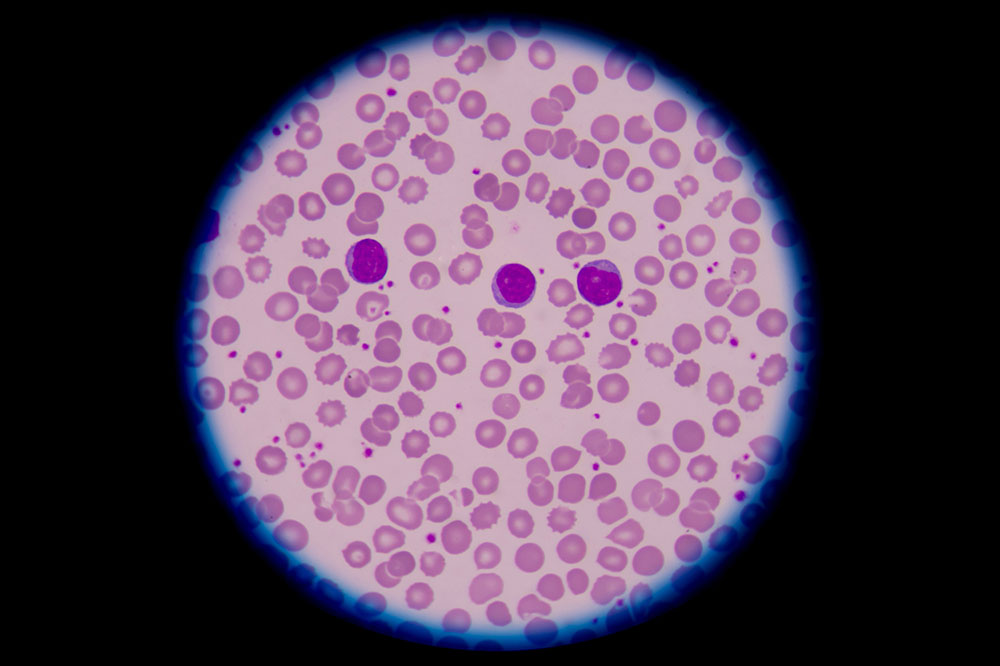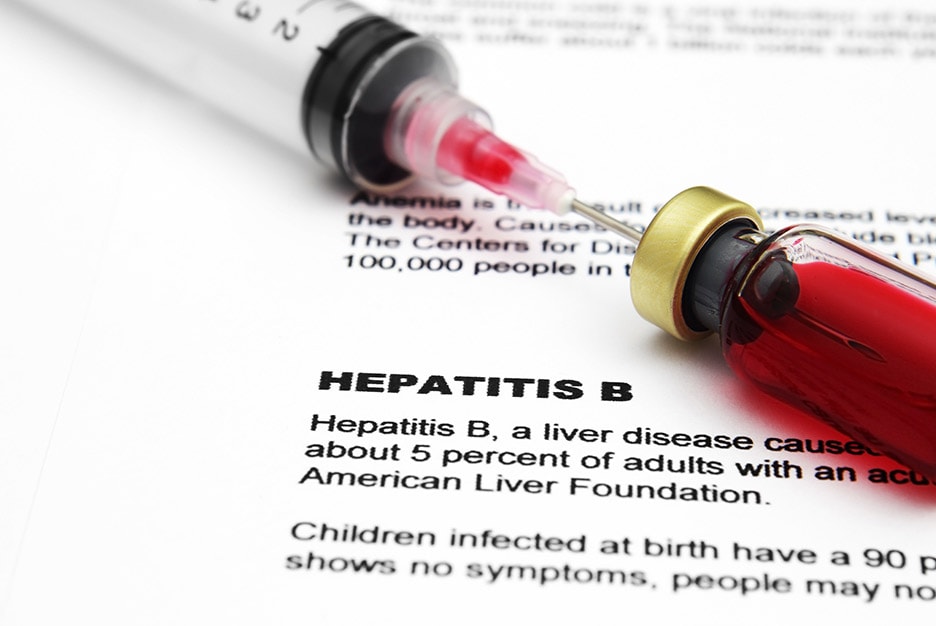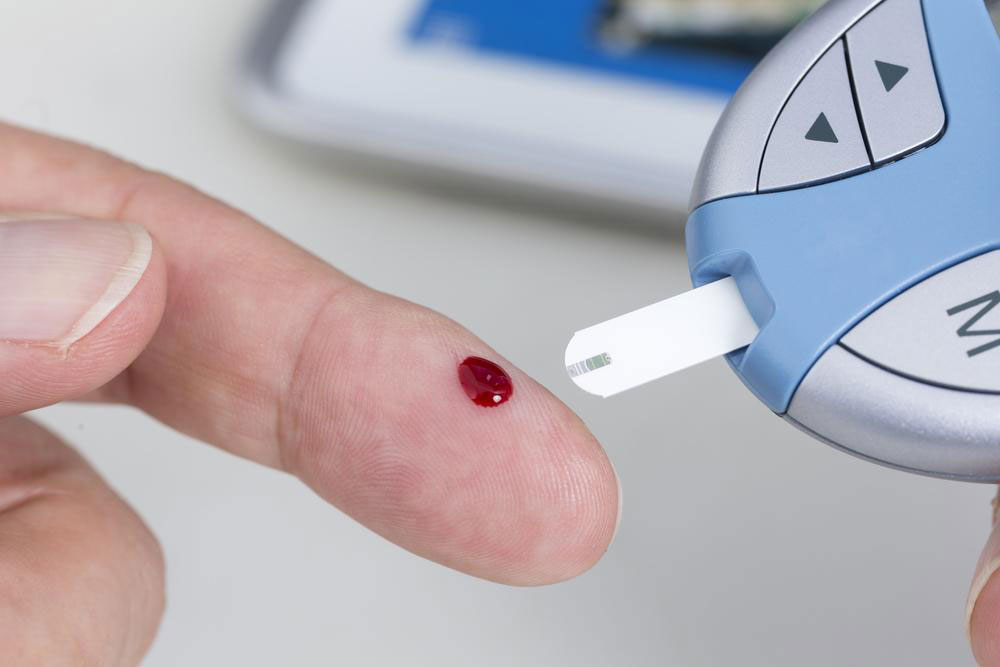Understanding Hemolytic Disease in Newborns: Causes, Symptoms, and Treatments
Hemolytic disease in newborns is a serious condition caused by blood type incompatibility, especially involving the Rh factor. It can lead to anemia, jaundice, and organ enlargement. Treatments like phototherapy, antibody therapy, and transfusions help manage the condition. Pregnant women should be tested for Rh compatibility to prevent the disease. Early diagnosis and medical intervention are critical for the health of the baby.

Hemolytic Disease in Newborns: An Overview
Hemolytic disease is a condition that affects both fetuses and newborns, potentially leading to serious health complications. It occurs when red blood cells are destroyed prematurely, well before their typical lifespan of 120 days. This disease often results from incompatibility between maternal and fetal blood types, particularly involving the Rh factor.
What Causes Hemolytic Disease?
The disease develops when fetal red blood cells cross the placenta into the mother's bloodstream. If the mother’s immune system recognizes these cells as foreign, it produces antibodies that attack and destroy the fetus's red blood cells. This is especially common when there is a mismatch in blood groups, notably the Rh factor. For example, if the mother is Rh-positive and the fetus is Rh-negative, the risk increases.
Symptoms to Watch For
Swelling under the skin, known as edema
Severe jaundice appearing early
Low red blood cell count (anemia)
Enlarged liver or spleen
Fluid buildup in the heart, lungs, or abdominal area, which can lead to heart or lung failure
Management and Prevention
Newborns with hemolytic disease can be treated through various methods:
Frequent feeding and increased fluid intake
Phototherapy with blue light to break down excess bilirubin
Administering protective antibodies to prevent red blood cell destruction
Medications prescribed by healthcare providers to stabilize blood pressure
Severe cases may require a blood transfusion to replace damaged blood
Pregnant women should undergo Rh compatibility testing. If an incompatibility is identified, healthcare professionals can suggest preventive measures to reduce the risk of hemolytic disease in the fetus.
Note:
The information shared here is educational, based on current research. Readers should consult healthcare providers for personalized advice. The website is not responsible for discrepancies or additional information found elsewhere.










